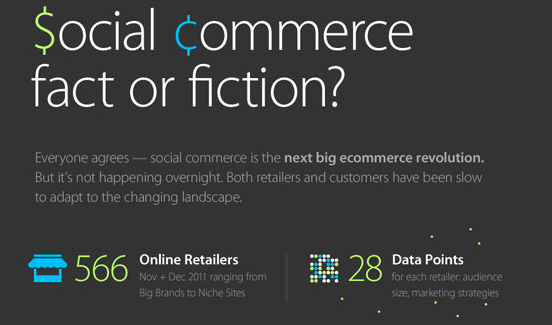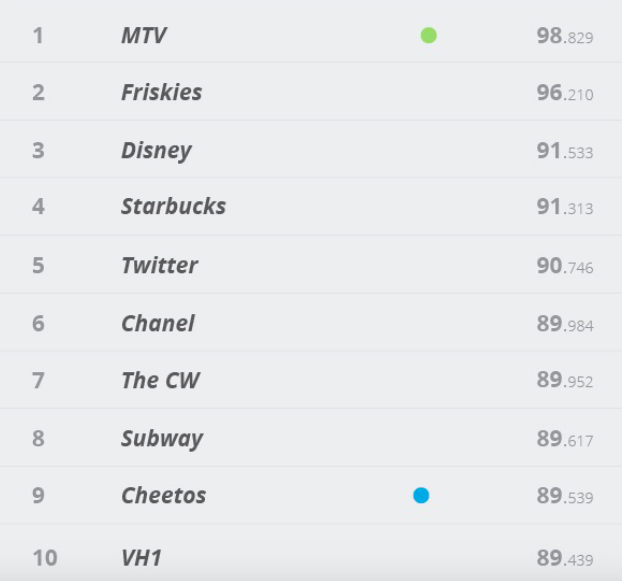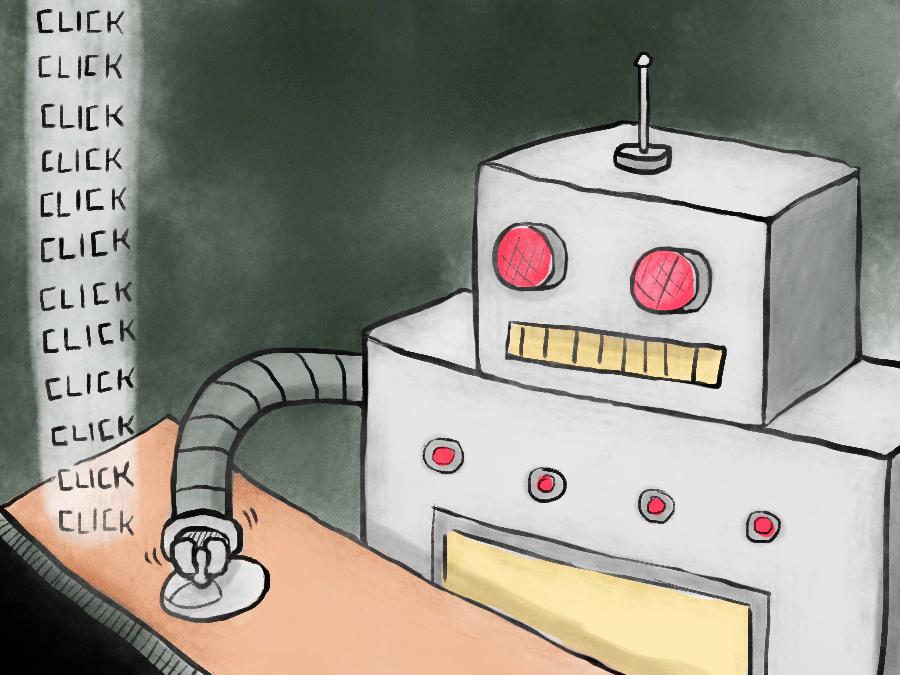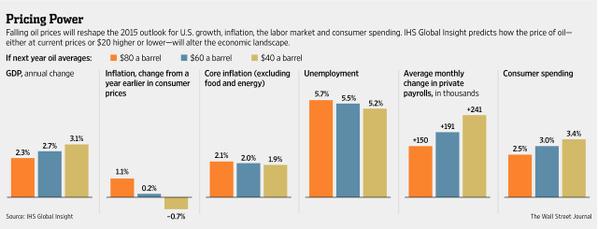By RICHARD A. FRIEDMAN, M.D.
“Would you buy a ticket already?!”
Clearly, this starry-eyed dreamer is, like so many of us, a believer in old-fashioned positive thinking: Find your dream, wish for it, and success will be yours.Not quite, according to Gabriele Oettingen, a psychology professor at New York University and the University of Hamburg, who uses this joke to illustrate the limitations of the power of positive thinking.
In her smart, lucid book, “Rethinking Positive Thinking: Inside the New Science of Motivation,” Dr. Oettingen critically re-examines positive thinking and give readers a more nuanced — and useful — understanding of motivation based on solid empirical evidence.
Conventional wisdom has it that dreams are supposed to excite us and inspire us to act.
Putting this to the test, Dr. Oettingen recruits a group of undergraduate college students and randomly assigns them to two groups.
1. She instructs the first group to fantasize that the coming week will be a knockout: good grades, great parties and the like.
2. Students in the second group are asked to record all their thoughts and daydreams about the coming week, good and bad.
Strikingly, the students who were told to think positively felt far less energized and accomplished than those who were instructed to have a neutral fantasy.
Blind optimism, it turns out, does not motivate people; instead, as Dr. Oettingen shows in a series of clever experiments,
it creates a sense of relaxation complacency.
It is as if in dreaming or fantasizing about something we want, our minds are tricked into believing we have attained the desired goal.
There appears to be a physiological basis for this effect: Studies show that just fantasizing about a wish lowers blood pressure, while thinking of that same wish — and considering not getting it — raises blood pressure.
It may feel better to daydream, but it leaves you less energized and less prepared for action.
Thinking she could get people to act on their wishes by confronting them immediately with the real obstacles that stood in their way, Dr. Oettingen and her colleagues developed a technique called mental contrasting.
In one study, she taught a group of third graders a mental-contrast exercise:
1 They were told to imagine a candy prize they would receive if they finished a language assignment, and
2 then to imagine several of their own behaviors that could prevent them from winning.
Outcome:
The students who did the mental contrast outperformed those who just dreamed.
So much for the relentless “you can do it” attitude that pervades our culture.
Apparently, being mindful not just of your dreams, but also of the real barriers that you or the world place in their way, is a far more effective way of achieving your goals.
It seems like an obvious and deceptively simple concept, yet according to the author, only one in six people spontaneously thinks this way when asked what accomplishment is foremost in his or her mind.
Of course, people can spend years in psychotherapy exploring the reasons they have failed to succeed, too often with little to show for their efforts.
But insight, as most mental health professionals know, is rarely sufficient to change behavior, and Dr. Oettingen says such therapy is probably unnecessary for many people.
Instead, she offers a simpler and faster alternative, an extension of her empirically validated mental contrasting exercise. She calls it:
WOOP — “wish, outcome, obstacle, plan.”
According to preliminary data the author presents, mental contrasting can lead to better eating habits, an improved exercise regimen and greater control over alcohol consumption, among other benefits.














